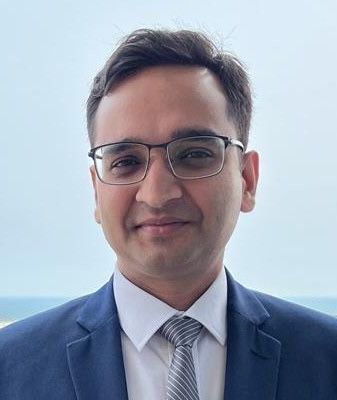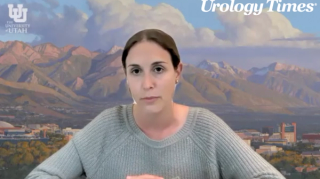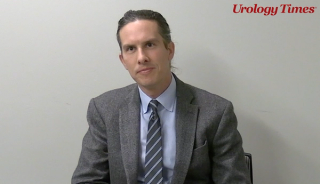
Urologic Surgery
Latest News

Latest Videos

Podcasts
CME Content
More News

This approval marks the first clearance of a stapler designed for single-port robotic surgery in the US.

Data from a Mayo Clinic study show, despite some reports of discomfort and dissatisfaction, a majority of patients receiving penile prosthesis are satisfied 1 year in.

"I just want to underscore how important and how incredible it was to participate in this, because there was a lot of dialogue among the faculty and also the course participants," says Ziho Lee, MD.

"Our hope is that if we can improve the experience of their initial treatment for urinary retention, then particularly the patients who actually need to catheterize to maintain their kidney health, they would not be afraid of catheterization," says Jennifer Ann Meddings, MD, MSc.

"A surprise finding was the increase in opioid fulfillment beyond the 7-day postoperative period, which was really unexpected," says Laura Gressler, MS, PhD.

"Based on our work, it does show that ileal ureter replacement can be an effective long-term option for patients with long-segment ureteral stricture disease," says Ziho Lee, MD.

"I actually worked with several different urologists while we were developing this," says Jennifer Ann Meddings, MD.

"Our goal is that people would not be getting catheterized when they actually do not have sufficient urinary retention," says Jennifer Ann Meddings, MD.

"Pathogens can stay there for a long time, even if the contamination was really quick...It happens really fast," says Ana Lidia Flores-Mireles, PhD.

“While we do see a decrease in opioid use, we still want to make sure that the pain is addressed and that it's addressed correctly,” says Laura Gressler, MS, PhD.

“We need formal recommendations for nonopioid pain management strategies and medications,” says Laura Gressler, MS, PhD.

"What we think is really nice about it is it's not required to have it into an electronic medical record for this to work on the wards," says Jennifer Ann Meddings, MD.

“It will be interesting to see how this plays out long-term in the changing political scheme, as well as the general trend of the current generation potentially having different thoughts in terms of wanting to have children or not in the future,” says Catherine S. Nam, MD.

“We believe this is going to be the next rendition of how we can train physicians, as well as make surgeons more effective at their job,” says Nitin K. Yerram, MD.

"My goal in the trip was not to see how many patients I could operate on, how many doctors I could train, [it was] to help 1 person train," says Joel Gelman, MD.

"A surprise finding was the increase in opioid fulfillment beyond the 7-day postoperative period, which was really unexpected," says Laura Gressler, MS, PhD.

"Unless there's an anatomic reason why you can't use a bladder scanner reliably, then, really you should be using a bladder scanner," says Jennifer Ann Meddings, MD, MSc.

"This is an exciting step in the evolution of urological surgery for both adult and pediatric patients,” says Chester J. Koh, MD, MBA, FACS, FAAP.

“We go into medicine to take care of people and to help them, and when that doesn't transpire, it's a very tough reality,” says Aditya Bagrodia, MD, FACS.

"Anecdotally, I would say that many providers actually prefer the functionality of the single-use cystoscopes," says David Barquin, MD.

"We identified 12 discrete workflow steps for outpatient flexible cystoscopy, with 5 of those being able to be eliminated by the transition to the single-use scope," says David Barquin, MD.

"I think right now, a lot of the focus is on perioperative management, as well as some of the technical considerations of the surgery itself," says Jay Simhan, MD, FACS.

Results of an exclusive Urology Times survey reveal that more than 70% of respondents said they consider age a relevant factor in the performance of the specialist surgeon.

“It's a system that is still not being used to its maximum capability, which is exciting. That means we can continue evolving,” says Jaschar Shakuri-Rad, DO, FACOS.

"It is important as a field that we recognize the potential emotional impact of surgical adverse events," writes Amy N. Luckenbaugh, MD.















